If you have a septic tank, you may have wondered if rain can have an impact on its functionality. The short answer is yes, it can. Rainfall can potentially cause issues for septic tanks, leading to backups, system failure, or even contamination. In this article, we will explore how rain can affect your septic tank and what preventative measures you can take to ensure its proper functioning, rain or shine. So, let’s get started and find out what you need to know about the relationship between rain and septic tanks.
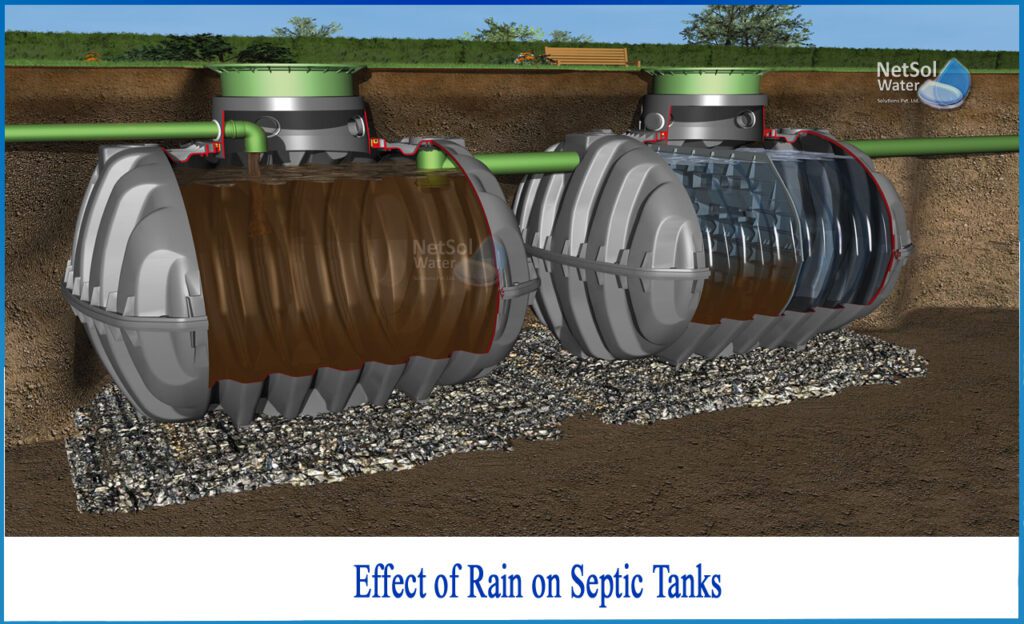
Understanding the Role of Rainwater in the Septic System
Rainwater plays a significant role in the functioning of a septic system. When it rains, the excess water from the roof, driveways, and other areas of your property flows into the septic system. This additional water adds to the overall volume inside the tank and can have several potential impacts on its performance.
Potential Impact of Rainwater on Septic Tanks
Rainwater can affect septic tanks in various ways, and it’s important to be aware of these potential issues in order to prevent any problems from arising. Here are some of the key impacts that rainwater can have on your septic system:
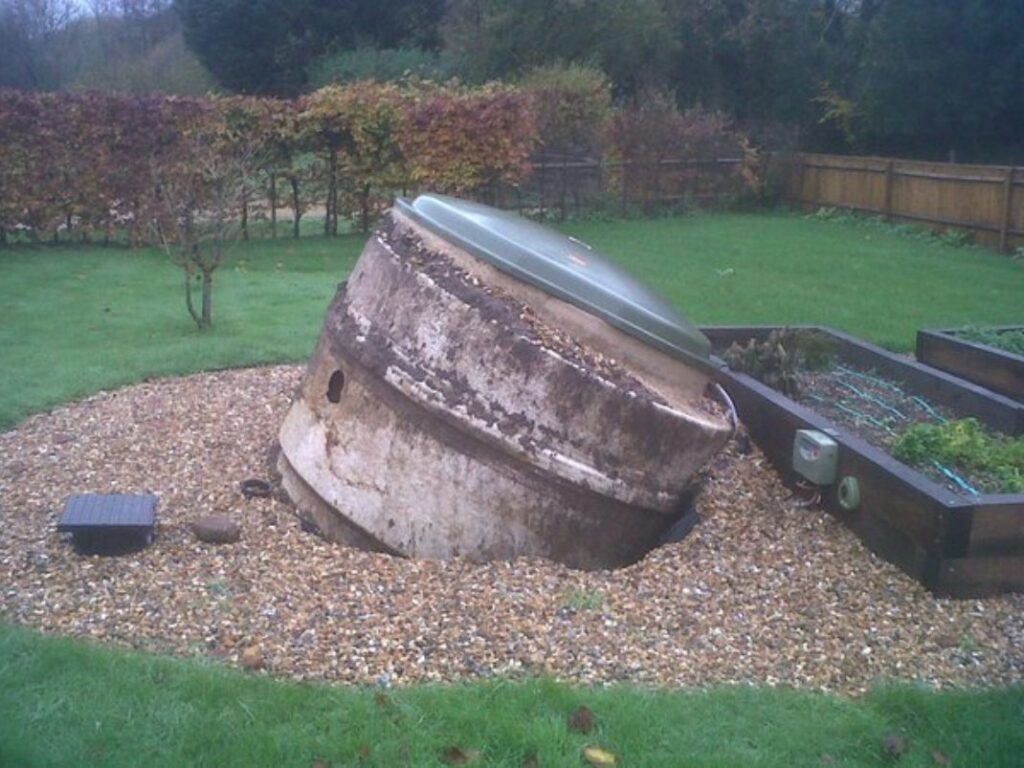
1. Increased Water Inflow
One of the immediate effects of rainwater on your septic tank is an increased inflow of water. When heavy rainfall occurs, the excess water can overwhelm the system, leading to a higher volume of water entering the tank than it is designed to handle. This can put stress on the system and lead to potential issues with the sewage treatment process.
2. Overloading of the Drain Field
Alongside increased water inflow, rainwater can also put pressure on the drain field of your septic system. The drain field is responsible for the final stage of wastewater treatment, where effluent is released into the soil for further purification. When rainwater saturates the drain field, it can lead to soil compaction and prevent proper drainage. This overload can cause backup issues and even result in sewage surfacing on your property.
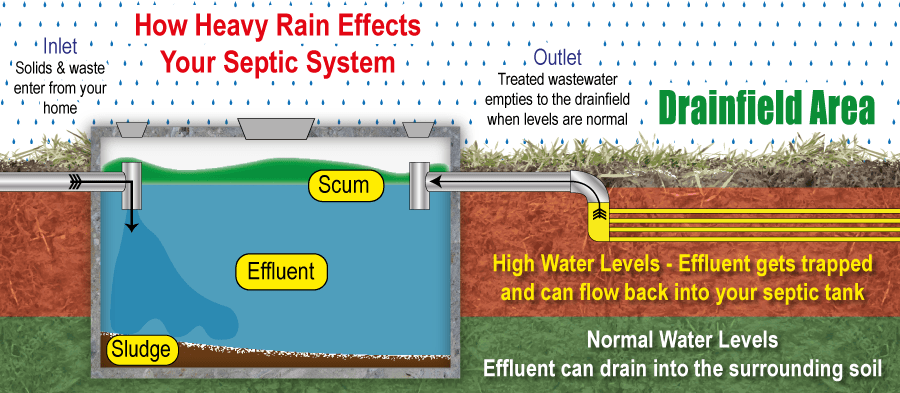
3. Soil Saturation and Drainage Issues
In addition to overloading the drain field, rainwater can also saturate the surrounding soil, hindering its ability to effectively absorb and filtrate wastewater. The excessive moisture can lead to poor drainage and result in significant problems within the septic system. If the soil becomes compacted and waterlogged, it can inhibit the proper functioning of the system, leading to potential malfunctions and costly repairs.
4. Leeching of Harmful Substances
Another concern with rainwater and septic tanks is the leeching of harmful substances. When rainwater enters the tank, it can cause the dilution of the sewage and increase the liquid levels. This dilution, combined with the increased water volume, can result in the inadequate breakdown of solids and the accumulation of harmful substances. As a result, these substances may leach into the surrounding soil, potentially contaminating groundwater and posing a risk to human health and the environment.
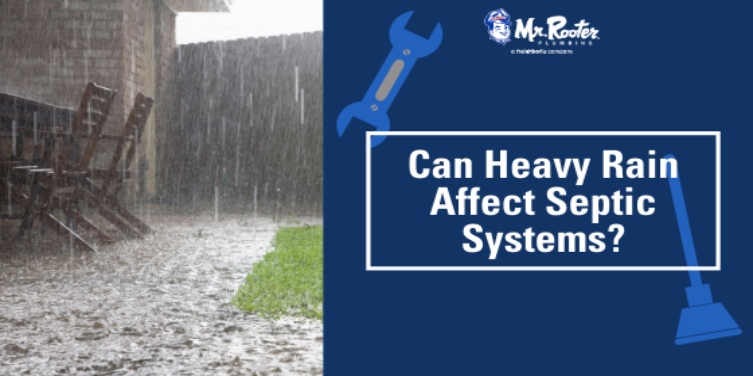
Preventive Measures and Maintenance Tips
While rainwater can pose challenges to a septic system, there are several preventive measures and maintenance tips that you can follow to minimize any potential impact:
1. Regular Inspection and Pumping
Regular inspection and pumping of your septic tank are essential to ensure its proper functioning. This maintenance practice helps remove accumulated solids and sludge, preventing clogs and blockages. By scheduling routine inspections and pumping every few years, you can maintain the optimal performance of your septic system, even during heavy rainfall.
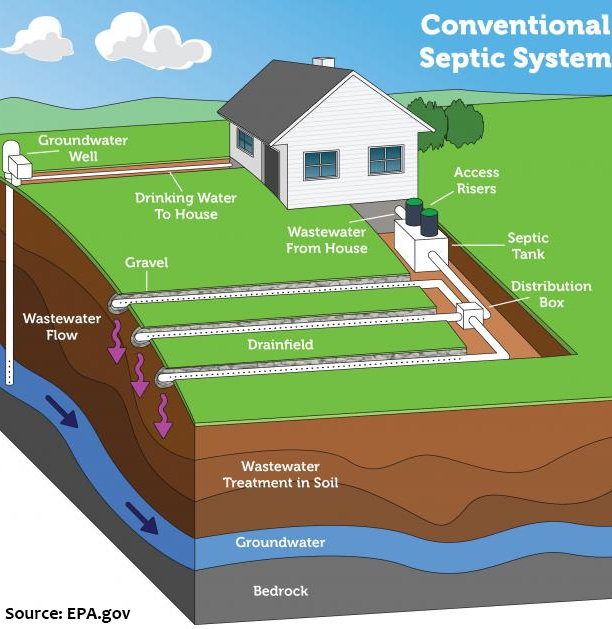
2. Diverting Rainwater Away from the Septic System
To reduce the influx of rainwater into your septic tank, it is important to divert the excess water away from the system. You can achieve this by implementing effective drainage systems, such as gutters and downspouts, that direct rainwater away from the tank. Additionally, maintaining proper landscaping grading around your property can help minimize water pooling near the septic system.
3. Proper Landscaping and Vegetation
Proper landscaping practices can also play a vital role in preventing rainwater-related septic tank issues. By ensuring that trees, shrubs, and other vegetation are planted at a safe distance from the tank and drain field, you can minimize the risk of roots infiltrating the system. Tree roots can cause damage to pipes and compromise the overall functionality of the septic system.
4. Rainwater Harvesting for Irrigation Purposes
Rather than allowing rainwater to flow directly into your septic system, consider implementing rainwater harvesting techniques. This involves collecting rainwater using various methods, such as rain barrels or rainwater collection systems, and using it for irrigation purposes. By diverting rainwater away from the septic system and utilizing it for other needs, you can alleviate the strain on the tank and reduce the potential impact of rainwater.
Conclusion
In conclusion, rainwater can indeed affect your septic tank and its overall performance. The increased water inflow, overloading of the drain field, soil saturation, and leeching of harmful substances are all potential issues that can arise due to rainwater. However, by understanding these impacts and implementing preventive measures, such as regular maintenance, diverting rainwater, proper landscaping, and rainwater harvesting, you can mitigate these risks and ensure the longevity and efficiency of your septic system. Remember, a well-maintained septic system is key to a healthy home and a clean environment.
